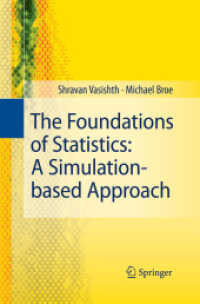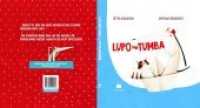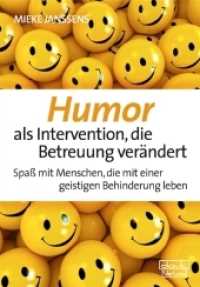- ホーム
- > 洋書
- > ドイツ書
- > Humanities, Arts & Music
- > Philosophy
- > general surveys & lexicons
Full Description
another set of questions addresses how a conception of oneself or one's selves should or should not affect how one thinks of happiness, or eudaimonia, or - in classical Indian terms - artha, sukha or nirvana.








